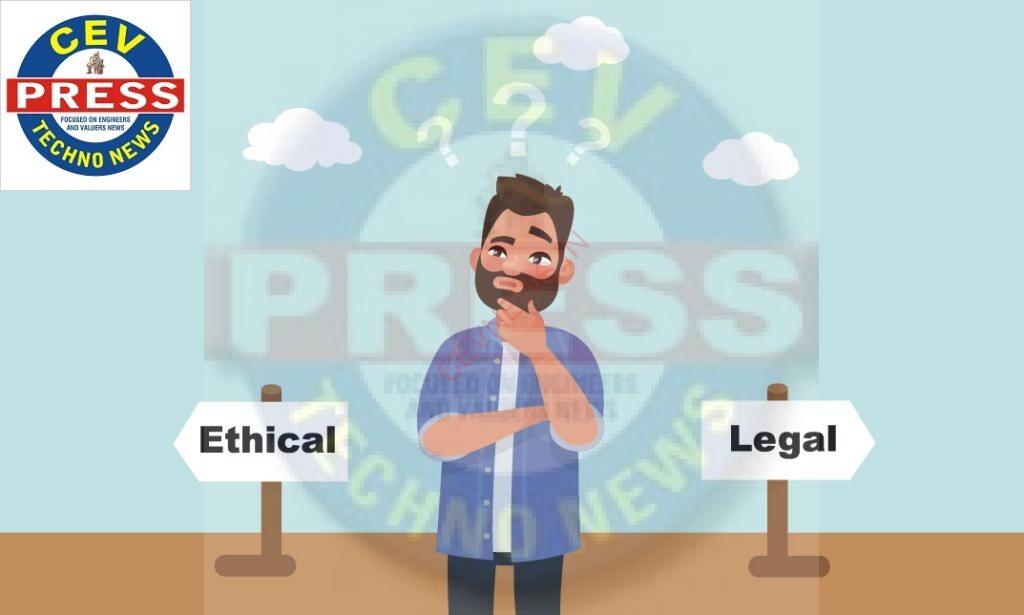QUALITY REVIEW PROCESSES FOR ENSURING ETHICAL STANDARDS IN VALUATION
Quality Review Processes for Ensuring Ethical Standards in Valuation
In India, ensuring ethical standards in valuation processes is of paramount importance to maintain the integrity and reliability of financial systems. Quality review processes play a vital role in achieving this objective by scrutinizing valuation practices and ensuring compliance with ethical norms. Let’s delve into the key aspects of these quality review processes:
1. Regulatory Framework:
- The Securities and Exchange Board of India (SEBI) and the Institute of Chartered Accountants of India (ICAI) are the primary regulatory bodies overseeing valuation practices.
- SEBI mandates adherence to ethical standards through regulations such as the SEBI (Issue of Capital and Disclosure Requirements) Regulations, 2018.
2. Professional Standards:
- The ICAI issues valuation standards, known as the Valuation Standards, which outline the principles and procedures to be followed by professionals engaged in valuation activities.
- These standards emphasize objectivity, independence, and confidentiality in valuation processes, thus upholding ethical integrity.
3. Review Mechanisms:
- Quality review processes involve both internal and external mechanisms to evaluate the compliance of valuation practices with ethical standards.
- Internal reviews may be conducted by the valuation firms themselves to ensure adherence to internal policies and regulatory requirements.
- External reviews may involve independent auditors or regulatory bodies like SEBI, which scrutinize valuation reports and methodologies for ethical compliance.

4. Due Diligence and Documentation:
- Quality review processes emphasize thorough due diligence and documentation throughout the valuation process.
- Valuers are required to maintain comprehensive records of their methodologies, assumptions, and analyses to facilitate transparency and accountability.
5. Training and Education:
- Continuous training and education programs are essential components of quality review processes.
- Valuation professionals need to stay updated with evolving regulations, ethical guidelines, and best practices through seminars, workshops, and certification courses.
6. Remedial Actions and Disciplinary Measures:
- In cases of non-compliance with ethical standards, quality review processes necessitate prompt remedial actions and disciplinary measures.
- This may include revaluation of assets, imposition of fines, suspension, or revocation of licenses, depending on the severity of the violation.
7. Stakeholder Engagement:
- Quality review processes encourage stakeholder engagement to foster transparency and trust in valuation practices.
- Stakeholders such as investors, regulatory authorities, and the public may provide feedback and inputs to enhance the effectiveness of review mechanisms.
8. Technology Integration:
- Leveraging technology is becoming increasingly important in quality review processes.
- Automated valuation models (AVMs), data analytics, and blockchain technology can enhance the efficiency and accuracy of valuations while ensuring adherence to ethical standards.
Quality review processes are integral to maintaining ethical standards in valuation practices in India. By establishing robust regulatory frameworks, promoting professional standards, implementing effective review mechanisms, and embracing technological advancements, stakeholders can uphold integrity and trust in the valuation ecosystem, thereby safeguarding the interests of investors and the financial markets as a whole.


